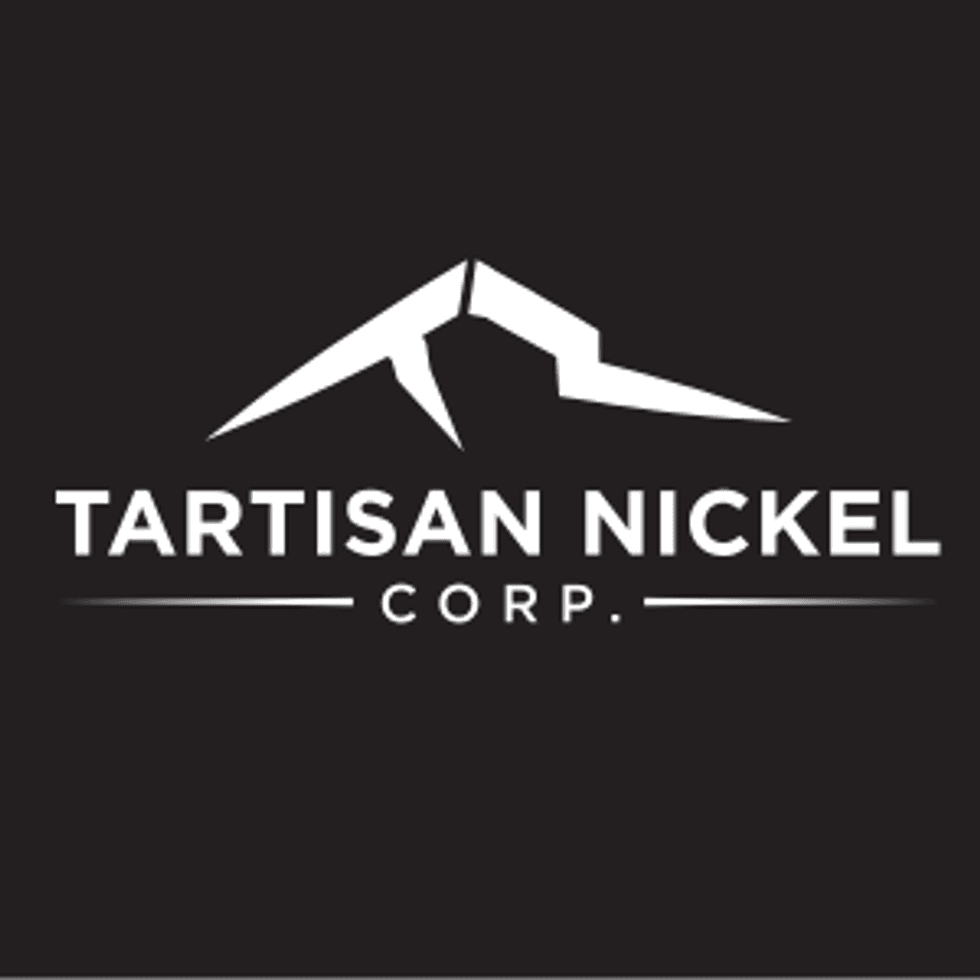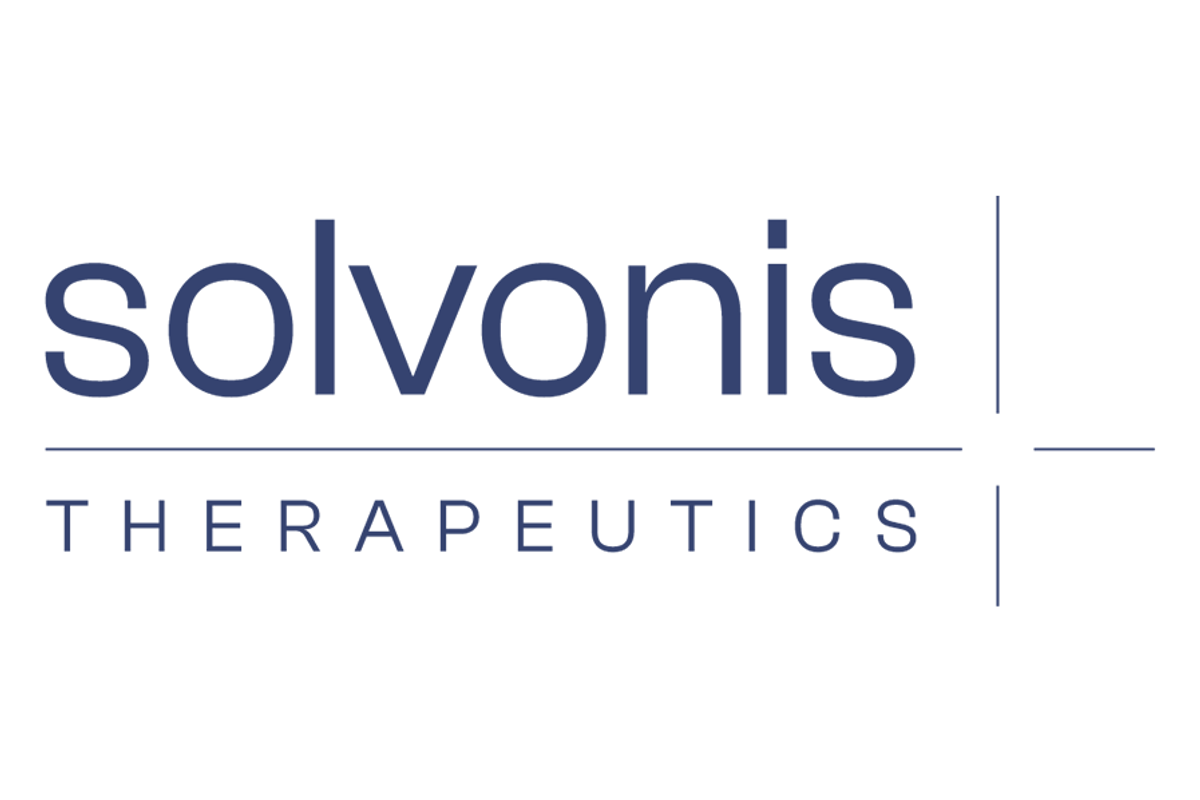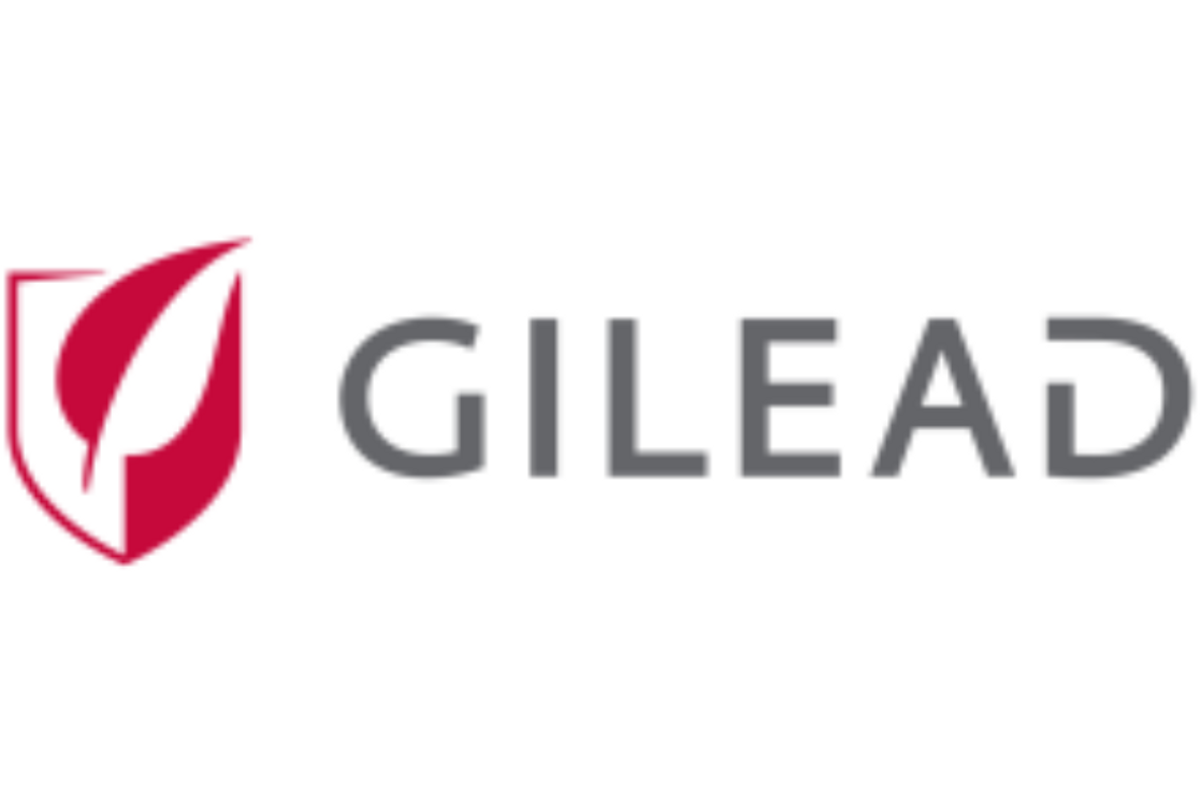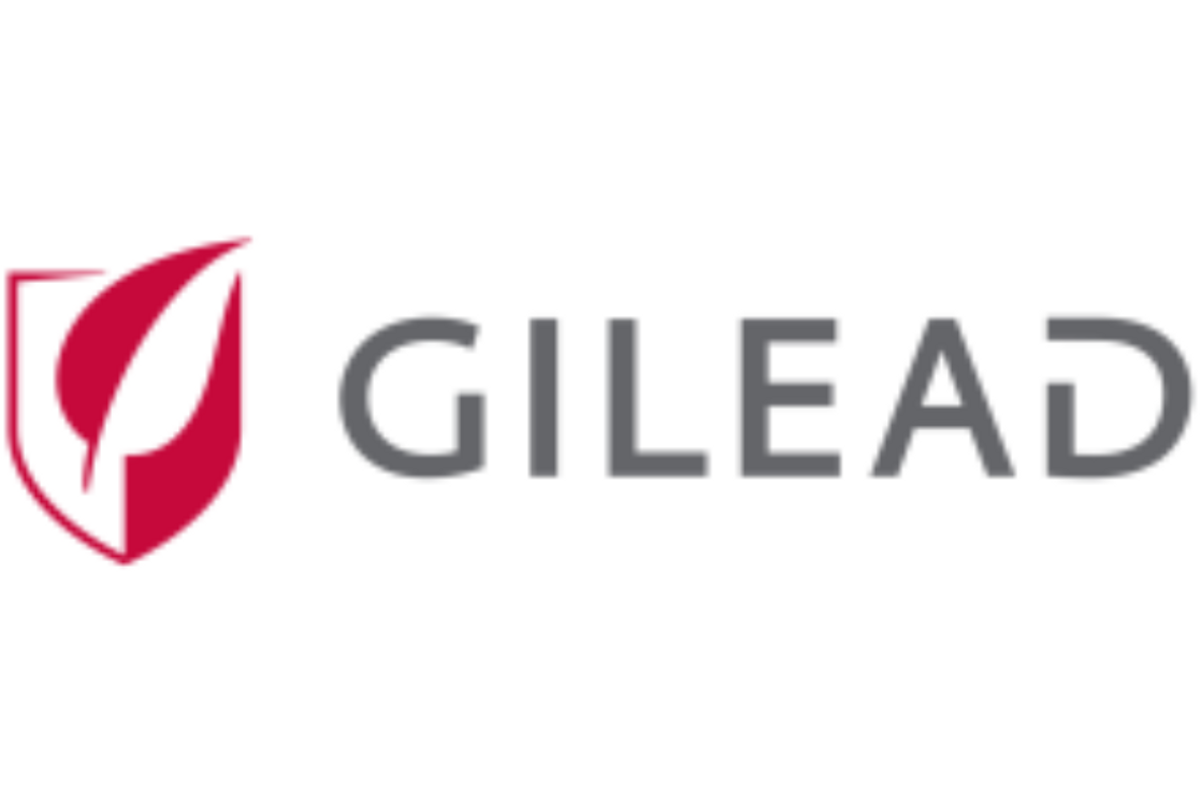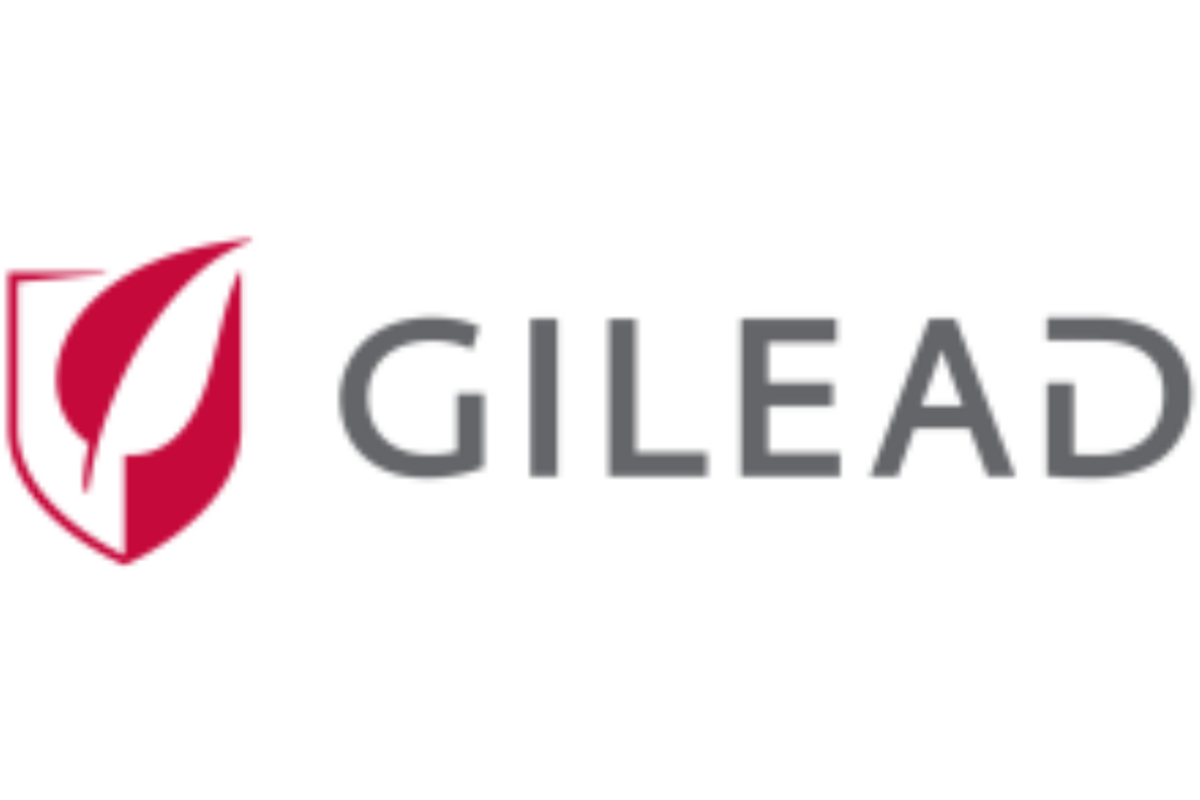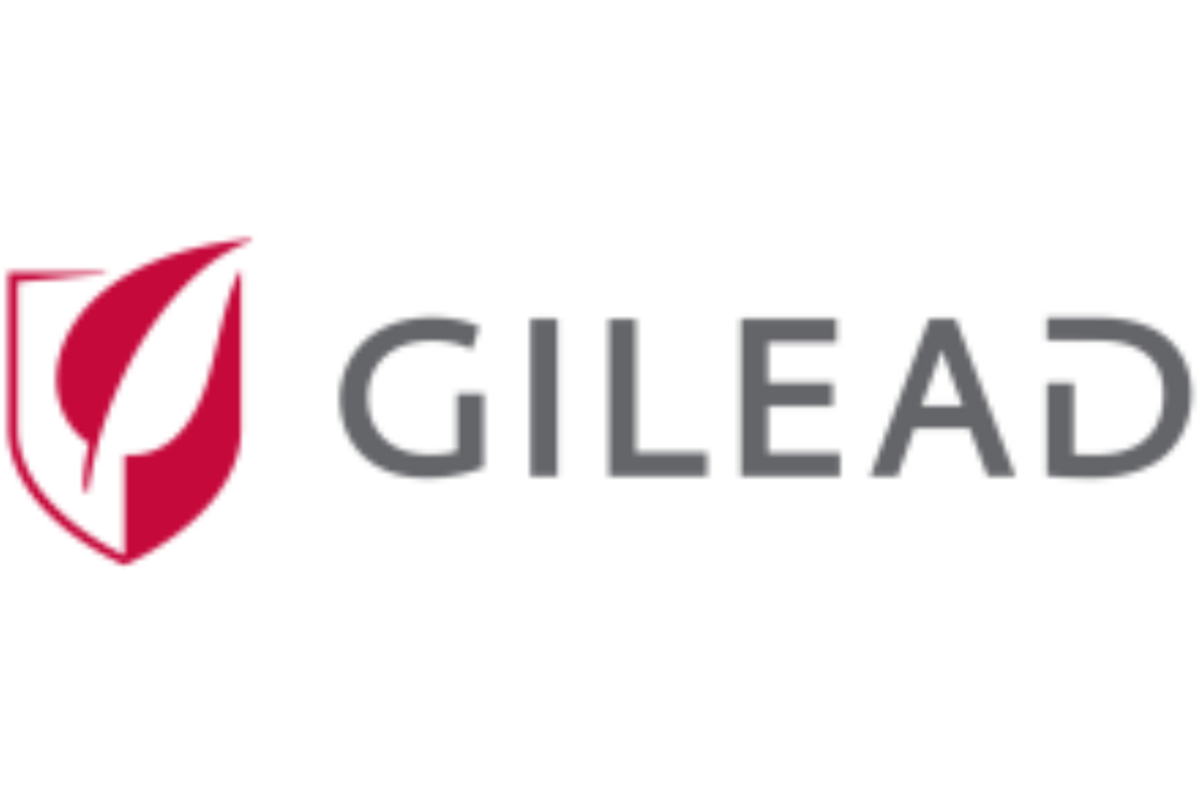January 10, 2022
Gilead Sciences, Inc. (Nasdaq: GILD) today announced it has entered into two clinical trial collaboration and supply agreements with Merck (known as MSD outside of the United States and Canada) to evaluate the combination of Gilead's Trop-2 targeting antibody-drug conjugate (ADC) Trodelvy ® (sacituzumab govitecan-hziy) and Merck's anti-PD-1 therapy KEYTRUDA ® (pembrolizumab) in first-line metastatic non-small cell lung cancer (NSCLC). As part of the collaboration, Merck will sponsor a global Phase 3 clinical trial of Trodelvy in combination with KEYTRUDA as a first-line treatment for patients with metastatic NSCLC. Additionally, the companies recently established an agreement whereby Gilead will sponsor a Phase 2 signal-seeking study evaluating combinations that include pembrolizumab in first-line NSCLC.
"We're excited to broaden our clinical collaborations with Merck to investigate Trodelvy in combination with KEYTRUDA in another cancer where there is tremendous need for novel combinations to help improve patient outcomes," said Merdad Parsey, MD, PhD, Chief Medical Officer, Gilead Sciences. "This partnership builds on our ambition of providing alternatives to traditional chemotherapy with Trodelvy containing regimens across some of the most difficult-to-treat cancers."
NSCLC is the most common type of lung cancer and accounts for up to 85% of cases. It is an aggressive disease with poor prognosis. Although there has been significant progress in recent years in the treatment of the disease, there is a still a major unmet need for patients with only 25% of patients surviving beyond five years.
Trodelvy is an antibody-drug conjugate that specifically targets Trop-2 expressing cells to enable local delivery of a cytotoxic payload that selectively kills the targeted cells. The combination of Trodelvy with an immune-stimulating agent such as KEYTRUDA could provide a new treatment option for a broader set of patients with first-line metastatic NSCLC.
The use of Trodelvy for the treatment of NSCLC is investigational, and the safety and efficacy for this use have not been established or approved by any regulatory agency globally. In the United States, Trodelvy is approved for the treatment of second-line metastatic triple-negative breast cancer (TNBC),and has additionally been approved under the accelerated approval pathway for the treatment of metastatic urothelial cancer (UC) in adults who have received certain prior therapies. Trodelvy has a Boxed Warning for severe or life-threatening neutropenia and severe diarrhea; please see below for additional Important Safety Information for Trodelvy.
Everest Medicines will also participate in the global Phase 3 study in Asia through its existing collaboration agreement with Gilead.
These agreements follow a collaboration, established in October 2021, to investigate Trodelvy in combination with KEYTRUDA as first-line treatment for people with locally advanced or metastatic triple-negative breast cancer (TNBC).
The use of Trodelvy for the treatment of NSCLC and the use of Trodelvy in combination with KEYTRUDA for any use is investigational, and the safety and efficacy for these uses have not been established or approved by regulatory agency globally.
KEYTRUDA ® is a registered trademark of Merck Sharp & Dohme Corp., a subsidiary of Merck & Co., Inc., Kenilworth, NJ, USA.
About Non-Small Cell Lung Cancer (NSCLC)
Lung cancer (including both NSCLC and small-cell lung cancer (SCLC)) is the second most common cancer in both men and women and is the leading cause of cancer death, making up approximately 25% of all cancer deaths. NSCLC is the most common type of lung cancer and accounts for up to 85% of cases. It is an aggressive disease with poor prognosis, and the relative five-year survival rate is 25%.
About Trodelvy
Trodelvy is a first-in-class antibody and topoisomerase inhibitor conjugate directed to the Trop-2 receptor, a protein overexpressed in multiple types of epithelial tumors, including metastatic TNBC and metastatic urothelial cancer (UC), where high expression is associated with poor survival and relapse. Trodelvy is approved for adults with second-line metastatic TNBC in the United States, the European Union, Australia, Canada, Great Britain and Switzerland. Trodelvy is also under multiple regulatory reviews worldwide, including in Singapore and China through our partner Everest Medicines. Trodelvy continues to be developed for potential use in other TNBC and metastatic UC populations and is also being developed as an investigational treatment for hormone receptor-positive/human epidermal growth factor receptor 2-negative (HR+/HER2-) metastatic breast cancer and metastatic non-small cell lung cancer. Additional evaluation across multiple solid tumors is also underway.
U.S. Indication for Trodelvy
In the United States, Trodelvy is indicated for the treatment of:
- Adult patients with unresectable locally advanced or metastatic TNBC who have received two or more prior systemic therapies, at least one of them for metastatic disease.
- Adult patients with locally advanced or metastatic UC who have previously received a platinum-containing chemotherapy and either programmed death receptor-1 (PD-1) or programmed death-ligand 1 (PD-L1) inhibitor.
U.S. Important Safety Information for Trodelvy
BOXED WARNING: NEUTROPENIA AND DIARRHEA
- Severe or life-threatening neutropenia may occur. Withhold Trodelvy for absolute neutrophil count below 1500/mm 3 or neutropenic fever. Monitor blood cell counts periodically during treatment. Consider G-CSF for secondary prophylaxis. Initiate anti-infective treatment in patients with febrile neutropenia without delay.
- Severe diarrhea may occur. Monitor patients with diarrhea and give fluid and electrolytes as needed. Administer atropine, if not contraindicated, for early diarrhea of any severity. At the onset of late diarrhea, evaluate for infectious causes and, if negative, promptly initiate loperamide. If severe diarrhea occurs, withhold Trodelvy until resolved to ≤Grade 1 and reduce subsequent doses.
CONTRAINDICATIONS
- Severe hypersensitivity reaction to Trodelvy.
WARNINGS AND PRECAUTIONS
Neutropenia: Severe, life-threatening, or fatal neutropenia can occur and may require dose modification. Neutropenia occurred in 61% of patients treated with Trodelvy. Grade 3-4 neutropenia occurred in 47% of patients. Febrile neutropenia occurred in 7%. Withhold Trodelvy for absolute neutrophil count below 1500/mm 3 on Day 1 of any cycle or neutrophil count below 1000/mm 3 on Day 8 of any cycle. Withhold Trodelvy for neutropenic fever.
Diarrhea: Diarrhea occurred in 65% of all patients treated with Trodelvy. Grade 3-4 diarrhea occurred in 12% of patients. One patient had intestinal perforation following diarrhea. Neutropenic colitis occurred in 0.5% of patients. Withhold Trodelvy for Grade 3-4 diarrhea and resume when resolved to ≤Grade 1. At onset, evaluate for infectious causes and if negative, promptly initiate loperamide, 4 mg initially followed by 2 mg with every episode of diarrhea for a maximum of 16 mg daily. Discontinue loperamide 12 hours after diarrhea resolves. Additional supportive measures (e.g., fluid and electrolyte substitution) may also be employed as clinically indicated. Patients who exhibit an excessive cholinergic response to treatment can receive appropriate premedication (e.g., atropine) for subsequent treatments.
Hypersensitivity and Infusion-Related Reactions: Serious hypersensitivity reactions including life-threatening anaphylactic reactions have occurred with Trodelvy. Severe signs and symptoms included cardiac arrest, hypotension, wheezing, angioedema, swelling, pneumonitis, and skin reactions. Hypersensitivity reactions within 24 hours of dosing occurred in 37% of patients. Grade 3-4 hypersensitivity occurred in 2% of patients. The incidence of hypersensitivity reactions leading to permanent discontinuation of Trodelvy was 0.3%. The incidence of anaphylactic reactions was 0.3%. Pre-infusion medication is recommended. Observe patients closely for hypersensitivity and infusion-related reactions during each infusion and for at least 30 minutes after completion of each infusion. Medication to treat such reactions, as well as emergency equipment, should be available for immediate use. Permanently discontinue Trodelvy for Grade 4 infusion-related reactions.
Nausea and Vomiting: Nausea occurred in 66% of all patients treated with Trodelvy and Grade 3 nausea occurred in 4% of these patients. Vomiting occurred in 39% of patients and Grade 3-4 vomiting occurred in 3% of these patients. Premedicate with a two or three drug combination regimen (e.g., dexamethasone with either a 5-HT3 receptor antagonist or an NK1 receptor antagonist as well as other drugs as indicated) for prevention of chemotherapy-induced nausea and vomiting (CINV). Withhold Trodelvy doses for Grade 3 nausea or Grade 3-4 vomiting and resume with additional supportive measures when resolved to Grade ≤1. Additional antiemetics and other supportive measures may also be employed as clinically indicated. All patients should be given take-home medications with clear instructions for prevention and treatment of nausea and vomiting.
Increased Risk of Adverse Reactions in Patients with Reduced UGT1A1 Activity: Patients homozygous for the uridine diphosphate-glucuronosyl transferase 1A1 (UGT1A1)*28 allele are at increased risk for neutropenia, febrile neutropenia, and anemia and may be at increased risk for other adverse reactions with Trodelvy. The incidence of Grade 3-4 neutropenia was 67% in patients homozygous for the UGT1A1*28, 46% in patients heterozygous for the UGT1A1*28 allele and 46% in patients homozygous for the wild-type allele. The incidence of Grade 3-4 anemia was 25% in patients homozygous for the UGT1A1*28 allele, 10% in patients heterozygous for the UGT1A1*28 allele, and 11% in patients homozygous for the wild-type allele. Closely monitor patients with known reduced UGT1A1 activity for adverse reactions. Withhold or permanently discontinue Trodelvy based on clinical assessment of the onset, duration and severity of the observed adverse reactions in patients with evidence of acute early-onset or unusually severe adverse reactions, which may indicate reduced UGT1A1 function.
Embryo-Fetal Toxicity: Based on its mechanism of action, Trodelvy can cause teratogenicity and/or embryo-fetal lethality when administered to a pregnant woman. Trodelvy contains a genotoxic component, SN-38, and targets rapidly dividing cells. Advise pregnant women and females of reproductive potential of the potential risk to a fetus. Advise females of reproductive potential to use effective contraception during treatment with Trodelvy and for 6 months after the last dose. Advise male patients with female partners of reproductive potential to use effective contraception during treatment with Trodelvy and for 3 months after the last dose.
ADVERSE REACTIONS
In the ASCENT study (IMMU-132-05), the most common adverse reactions (incidence ≥25%) were fatigue, neutropenia, diarrhea, nausea, alopecia, anemia, constipation, vomiting, abdominal pain, and decreased appetite. The most frequent serious adverse reactions (SAR) (>1%) were neutropenia (7%), diarrhea (4%), and pneumonia (3%). SAR were reported in 27% of patients, and 5% discontinued therapy due to adverse reactions. The most common Grade 3-4 lab abnormalities (incidence ≥25%) in the ASCENT study were reduced neutrophils, leukocytes, and lymphocytes.
In the TROPHY study (IMMU-132-06), the most common adverse reactions (incidence ≥25%) were diarrhea, fatigue, neutropenia, nausea, any infection, alopecia, anemia, decreased appetite, constipation, vomiting, abdominal pain, and rash. The most frequent serious adverse reactions (SAR) (≥5%) were infection (18%), neutropenia (12%, including febrile neutropenia in 10%), acute kidney injury (6%), urinary tract infection (6%), and sepsis or bacteremia (5%). SAR were reported in 44% of patients, and 10% discontinued due to adverse reactions. The most common Grade 3-4 lab abnormalities (incidence ≥25%) in the TROPHY study were reduced neutrophils, leukocytes, and lymphocytes.
DRUG INTERACTIONS
UGT1A1 Inhibitors: Concomitant administration of Trodelvy with inhibitors of UGT1A1 may increase the incidence of adverse reactions due to potential increase in systemic exposure to SN-38. Avoid administering UGT1A1 inhibitors with Trodelvy.
UGT1A1 Inducers : Exposure to SN-38 may be substantially reduced in patients concomitantly receiving UGT1A1 enzyme inducers. Avoid administering UGT1A1 inducers with Trodelvy.
Please see full Prescribing Information , including BOXED WARNING.
About Gilead Sciences
Gilead Sciences, Inc. is a biopharmaceutical company that has pursued and achieved breakthroughs in medicine for more than three decades, with the goal of creating a healthier world for all people. The company is committed to advancing innovative medicines to prevent and treat life-threatening diseases, including HIV, viral hepatitis and cancer. Gilead operates in more than 35 countries worldwide, with headquarters in Foster City, California.
Forward-Looking Statements
This press release includes forward-looking statements within the meaning of the Private Securities Litigation Reform Act of 1995 that are subject to risks, uncertainties and other factors, including Gilead's ability to realize the anticipated benefits from the clinical trial collaborations; difficulties or unanticipated expenses in connection with the collaborations and the potential effects on Gilead's revenues and earnings; the ability of the parties to successfully co-develop and co-commercialize treatments for metastatic NSCLC or metastatic TNBC; the ability of the parties to initiate, progress or complete clinical trials within currently anticipated timelines or at all, including those involving the combination of Trodelvy and KEYTRUDA; the possibility of unfavorable results from ongoing or additional trials, including those involving the combination of Trodelvy and KEYTRUDA; the ability of the parties to receive regulatory approvals in a timely manner or at all, including regulatory approvals of the combination of Trodelvy and KEYTRUDA for the treatment of metastatic NSCLC or metastatic TNBC and additional regulatory approvals of Trodelvy for the treatment of metastatic TNBC, metastatic UC, metastatic NSCLC and other solid tumors, and the risk that any such approvals may be subject to significant limitations on use; the possibility that the parties may make a strategic decision to terminate the collaborations, including the development of Trodelvy in combination with KEYTRUDA, at any time; and any assumptions underlying any of the foregoing. These and other risks, uncertainties and factors are described in detail in Gilead's Quarterly Report on Form 10-Q for the quarter ended September 30, 2021, as filed with the U.S. Securities and Exchange Commission. These risks, uncertainties and other factors could cause actual results to differ materially from those referred to in the forward-looking statements. All statements other than statements of historical fact are statements that could be deemed forward-looking statements. The reader is cautioned that any such forward-looking statements are not guarantees of future performance and involve risks and uncertainties and is cautioned not to place undue reliance on these forward-looking statements. All forward-looking statements are based on information currently available to Gilead, and Gilead assumes no obligation and disclaims any intent to update any such forward-looking statements.
U.S. Prescribing Information for Trodelvy including BOXED WARNING , is available at www.gilead.com .
Trodelvy, Gilead and the Gilead logo are trademarks of Gilead Sciences, Inc., or its related companies.
For more information about Gilead, please visit the company's website at www.gilead.com , follow Gilead on Twitter (@GileadSciences) or call Gilead Public Affairs at 1-800-GILEAD-5 or 1-650-574-3000.
View source version on businesswire.com: https://www.businesswire.com/news/home/20220107005485/en/
Jacquie Ross, Investors
(650) 358-1054
Nathan Kaiser, Media
(650) 522-1853
News Provided by Business Wire via QuoteMedia
GILD

Sign up to get your FREE
Tartisan Nickel Corp. Investor Kit
and hear about exciting investment opportunities.
- Corporate info
- Insights
- Growth strategies
- Upcoming projects
GET YOUR FREE INVESTOR KIT
The Conversation (0)
6h
Tartisan Nickel Corp.
Advancing a high-grade Nickel-Copper-Cobalt Project in Northwestern, Ontario
Advancing a high-grade Nickel-Copper-Cobalt Project in Northwestern, Ontario Keep Reading...
27 October 2025
Appoints global biopharma leader Paul Carter as Non-Executive Director to support next phase of strategic growth
Solvonis Therapeutics plc (LSE: SVNS), an emerging biopharmaceutical company developing novel medicines for high-burden central nervous system ("CNS") disorders, is delighted to announce the appointment of Paul Carter as Non-Executive Director, effective 27 October 2025.Paul Carter is a highly... Keep Reading...
04 May 2023
CHMP Adopts Positive Opinion Recommending Hepcludex® for Full Marketing Authorization for the Treatment of Hepatitis Delta Virus
-- If Granted by the European Commission, Hepcludex will Become the Only Approved Treatment for HDV in the EU -- Gilead Sciences, Inc. (Nasdaq: GILD) today announced that the Committee for Medicinal Products for Human Use (CHMP) of the European Medicines Agency (EMA) has adopted a positive... Keep Reading...
03 May 2023
Gilead Remains Steadfast in Support for Hepatitis C Elimination Efforts
The recent national conversation on hepatitis C (HCV) is an encouraging step towards viral hepatitis elimination in the U.S. With its long history of leadership in viral hepatitis, Gilead continues to support efforts that focus on HCV elimination. Gilead is proud that its medicines have treated... Keep Reading...
27 April 2023
Gilead Sciences Announces First Quarter 2023 Financial Results
Product Sales Excluding Veklury Increased 15% Year-Over-Year to $5.7 billion Biktarvy Sales Increased 24% Year-Over-Year to $2.7 billion Oncology Sales Increased 59% Year-Over-Year to $670 million Gilead Sciences, Inc. (Nasdaq: GILD) announced today its results of operations for the first... Keep Reading...
24 April 2023
Gilead Sciences Releases Inaugural ESG Impact Report
Gilead Sciences recently released its inaugural Environmental, Social and Governance (ESG) Impact Report. This is an evolution of our traditional Year in Review, and uses the ESG framework to highlight the successes and achievements of the prior yearThough the report itself is new, our... Keep Reading...

Sign up to get your FREE
Tartisan Nickel Corp. Investor Kit
and hear about exciting investment opportunities.
- Corporate info
- Insights
- Growth strategies
- Upcoming projects
GET YOUR FREE INVESTOR KIT
Interactive Chart
Latest Press Releases
Related News
TOP STOCKS
American Battery4.030.24
Aion Therapeutic0.10-0.01
Cybin Corp2.140.00
